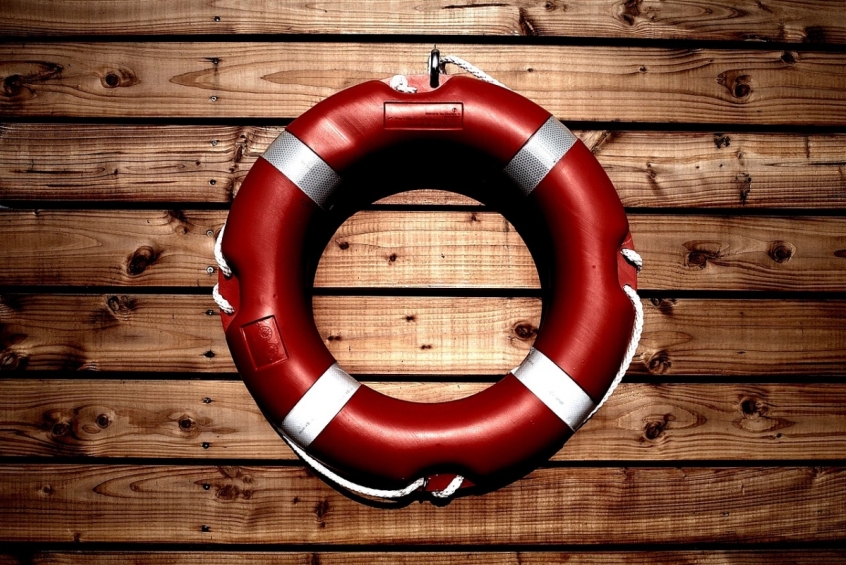
Last week, three men were rescued from a deserted island after a navy plane spotted their distress signal, a sign spelling out "help" made from leaves. The men swam to shore after their boat sank in the Pacific Ocean and had been stranded on the remote, uninhabited island for three days. Because of their initiative to fashion a sign that could be seen from overhead, they were able to be rescued.
When it comes to everyday situations though, it's not always as easy to see that someone needs our help. One of the reasons for this is because as individuals, asking for help is something we struggle with. Independence is something that our culture celebrates but the value we attach to achieving success on our own does have its drawbacks.
The pressure on people to do almost everything without asking for help means that when we find ourselves in need of help, we can end up feeling just like those men on the island – isolated. This feeling of isolation isn't always as a result of the absence of help, but somtimes our reluctance to accept it.
Three common reasons why we refuse help and what we can do about it:
Denial
Asking for help requires us to face up to what we're going through and concede things that we might not have previously admitted to ourselves. It's much easier to deny that we're experiencing a challenge if we haven't got to the point where we've had to accept that we can't manage it alone. So be honest with yourself and take the steps you need to change things for the better.
Pride
Because we put so much emphasis on independent achievements, when many of us reach a point when we're in need, we can think that asking for and accepting help is a sign of weakness. In fact, it can demonstrate the very opposite – a strength of character and ability to overcome feelings of pride. Offering assistance to someone and being met repeatedly with: "Everything's under control", "It's fine, trust me" and other refusals can leave the recipient feeling helpless. We have the power to do something for someone else when we allow them to help us.
Fear
Being afraid of what others might think of us can present us with be an obstacle when asking for assistance. We're afraid of being judged but without asking for help we can't move past whatever is standing in between us and our pursuit for spiritual maturity and a better, more honest relationship with Christ and other people. By choosing someone we trust to confide in, we can be reassured that our confidentiality will be respected and that judgement will be withheld.













